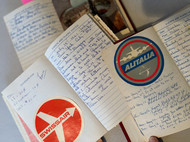What do I have to say?
Posted by Connie Constantine on 23rd Oct 2025
Write about what you know and have - memories, scrapbooks, diaries, letters, photos, recipes, etc. Capturing the stories can be a bit difficult. Take off your filters. Tell what you know and the way you feel about it. You can always edit later.
What about the necklace that your grandmother always used to wear? Why was it so important to her? Or your father's ring? Then there are the things that we no longer use, but our parents or grandparents used everyday. What are your memories of those things?
Every piece of antique furniture has a story, or multiple stories. Can you decipher those? How did you come to own it? Who owned it before you? When and where was it made? Many old pieces have great stories. It is a shame that they can't tell us what they have seen. Looking carefully and exploring their history can inform us about the history of the pieces we live with. Where has it been? What has it seen? This desk has lots of stories to tell. It has made me explore the places that I know it has been.
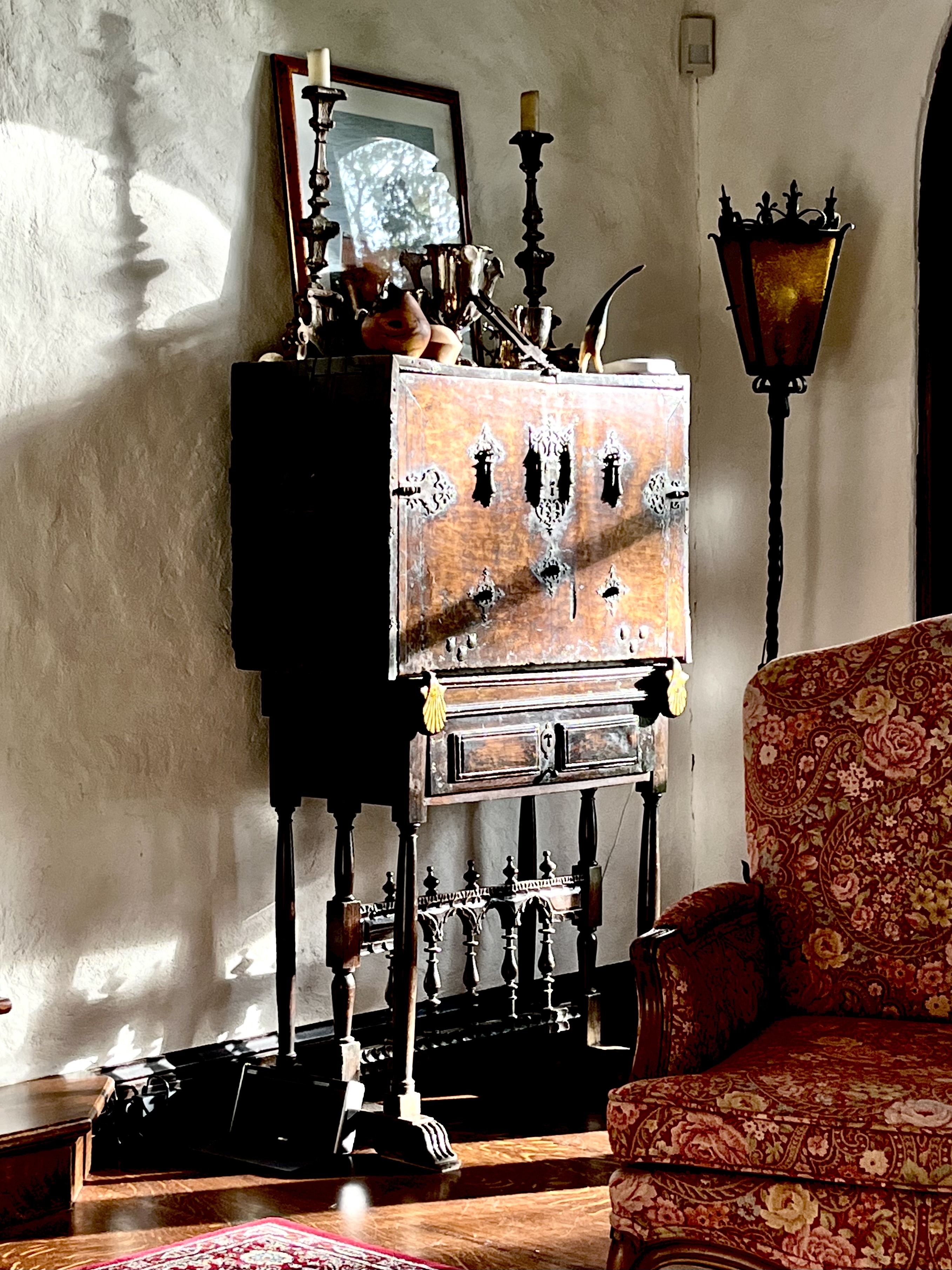
Take photos or scan the primary source material as back-up. Use your phone. That way you can carry it with you to work on it as you are inspired. You can also take your time to decipher the old handwriting, which you can enhance in the photos app on your phone. This is all fodder for your stories, as I said. 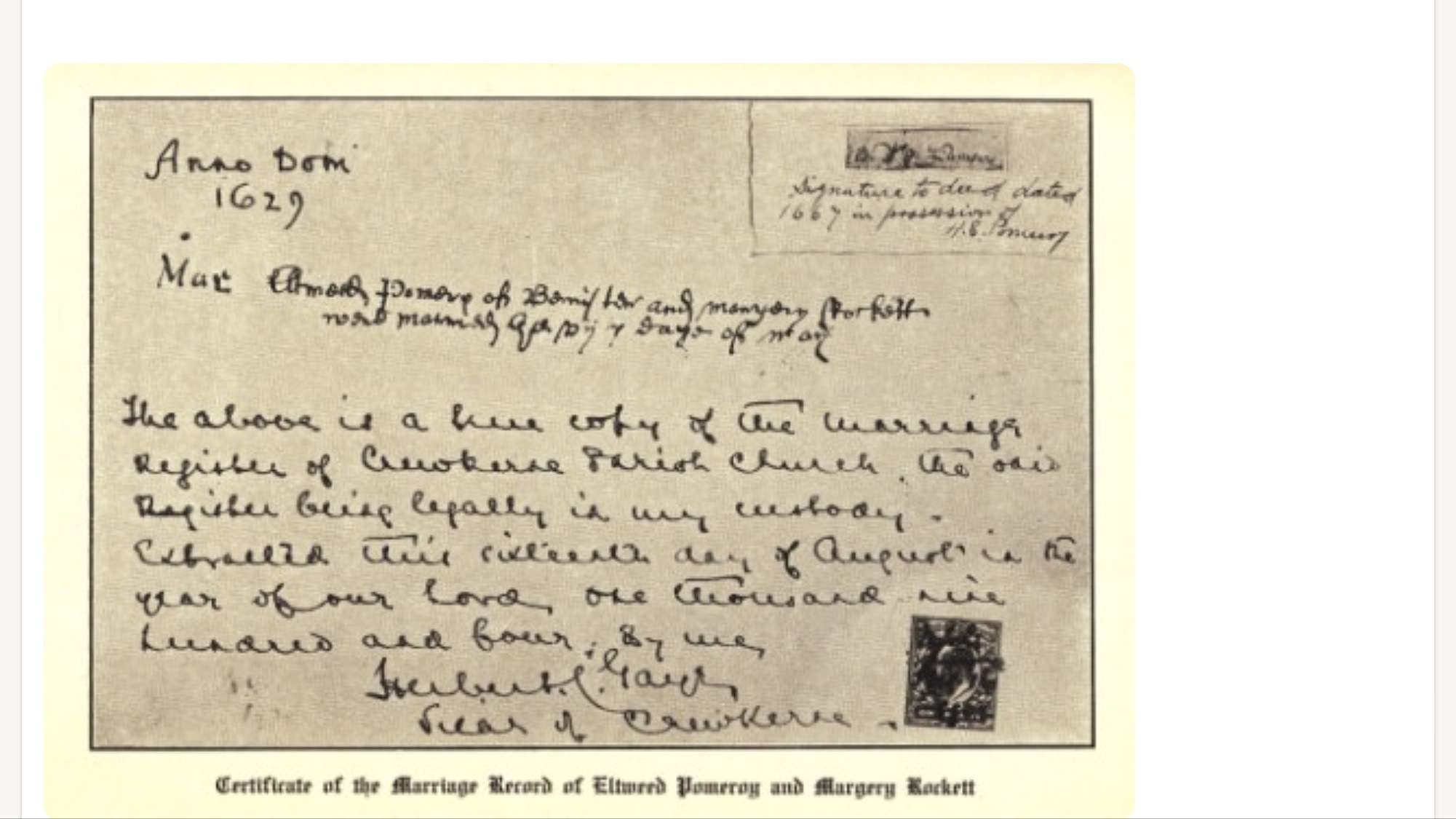
Tell these stories from your own point of view, with your memories. You might find them all coming together giving your more insight. You might be lucky enough to have been told other's memories about those places and people. They will all converge on your pages. Let it happen. Let it all come together.
Talk right into your phone. I need to start doing that. Often stories are better when spoken. Sometimes they are better when written. You choose your method, or switch between methods.
Journalling, especially in the morning, works well for me, when I give it the time. I have to commit to that, but it is worth it. Creating memory books or scrapbooking with photos, tickets, invitations, menus, even boutonnieres or other flowers from an event will tell a story. Fill in the parts that the things don't say. You can take those scrapbook pages to a copy center, have them copied, and then spiral-bound with a cover that you can create.
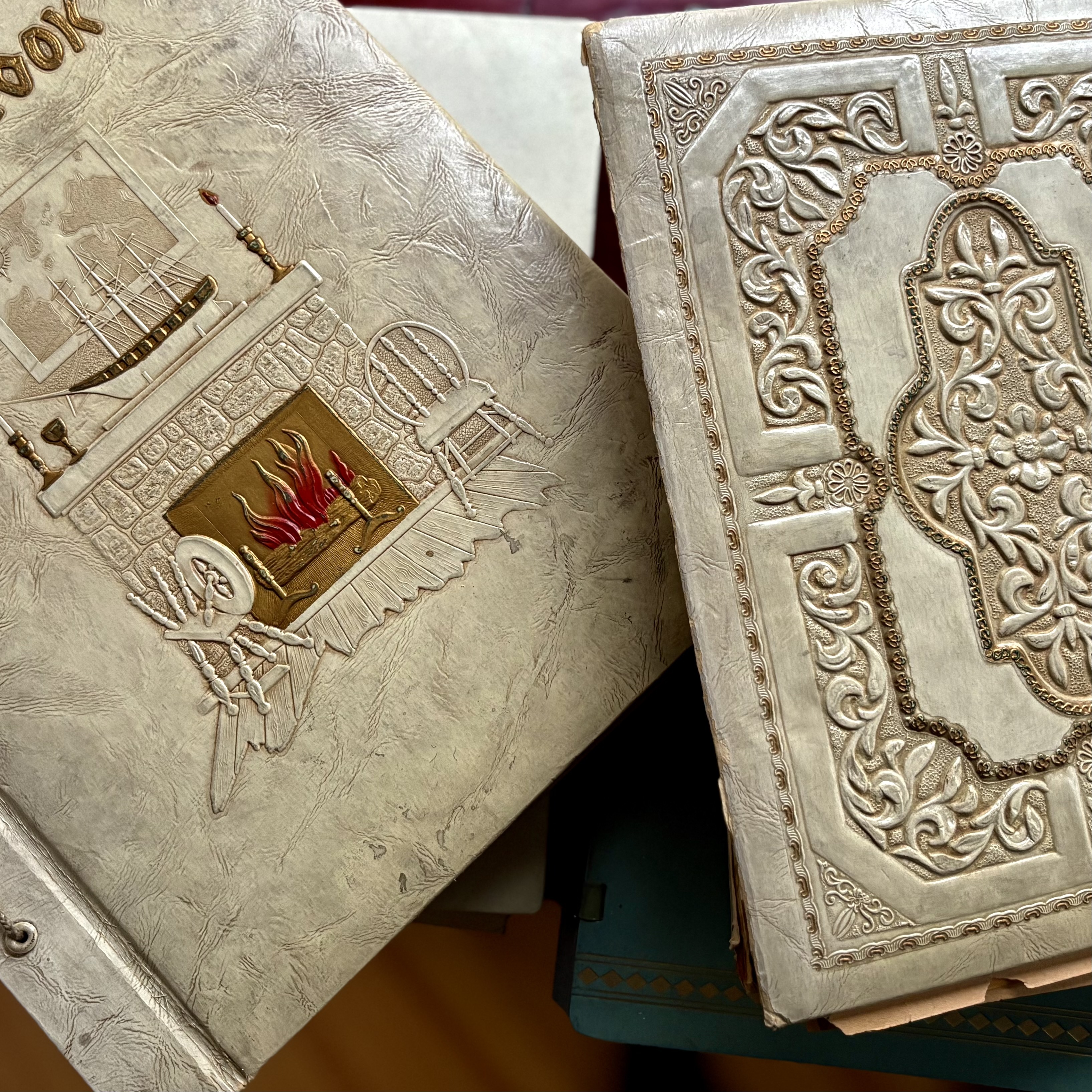
I have always kept diaries when on a trip, as my mother did before me.
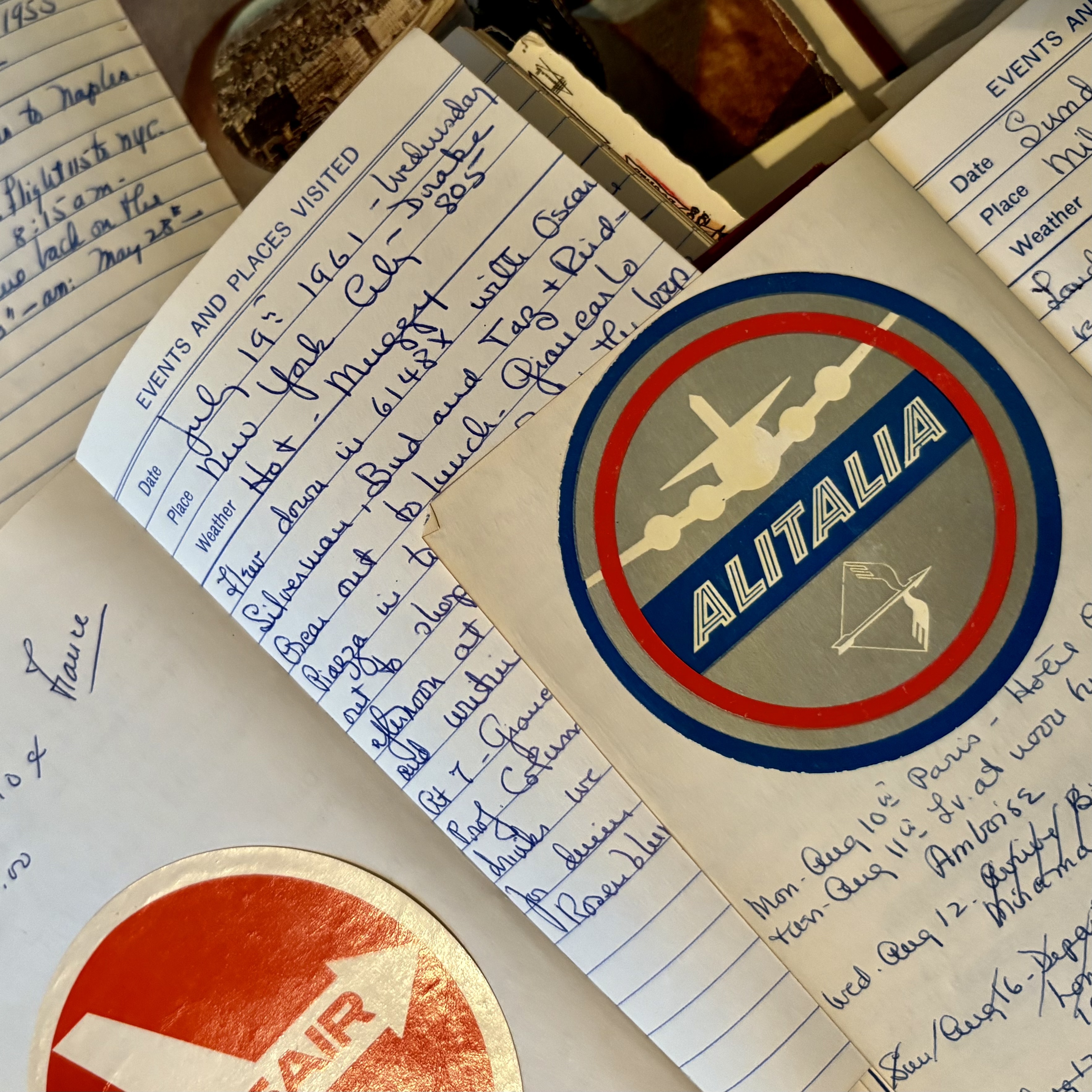
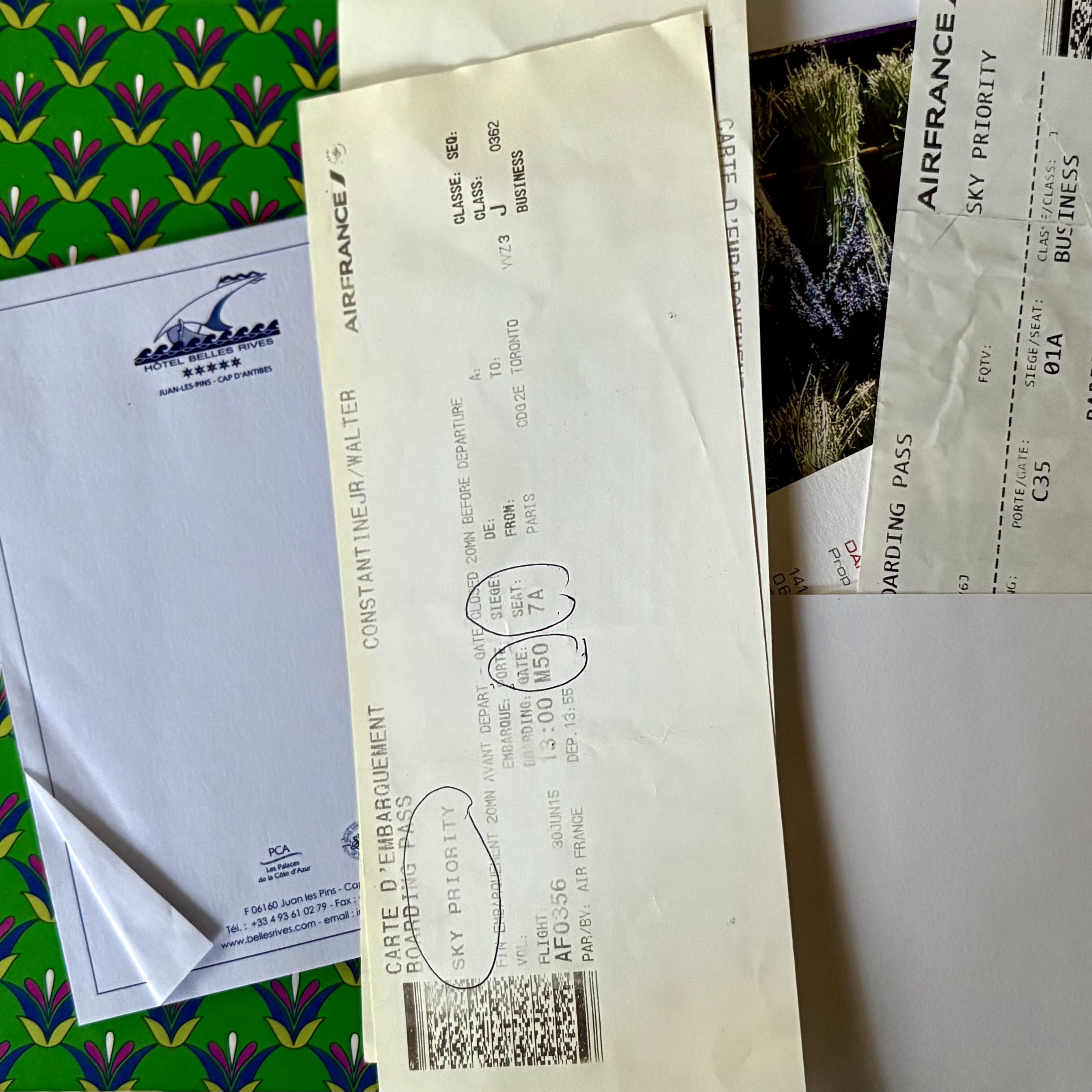
Those hold tickets, postcards, receipts, and my descriptions of the trip. I also always brought back some great finds. I tell the stories of those things with a description of my experience buying them. The leather goods from the street market in Florence, the pottery from Rampini in Radda, the umbrella from Swain Adeney Brigg in London. All of these things invoke a story of a building hanging off a cliff, lunch in a castle restaurant with the castle depicted on the bowls, rushing through the pouring rain to find what is now a favorite umbrella.
What can I say that anyone will care about? Think of what you wish you knew about your great-grandmother or someone who you never actually knew. Make sure you leave that for others. Your childhood memories will fascinate your grandchildren who have grown up so differently than you did. Times are so different. The things of everyday life are worlds apart from those of your grandparents. So are the cares and concerns.
When you come across a photo like this, you know there is a story to be uncovered and told...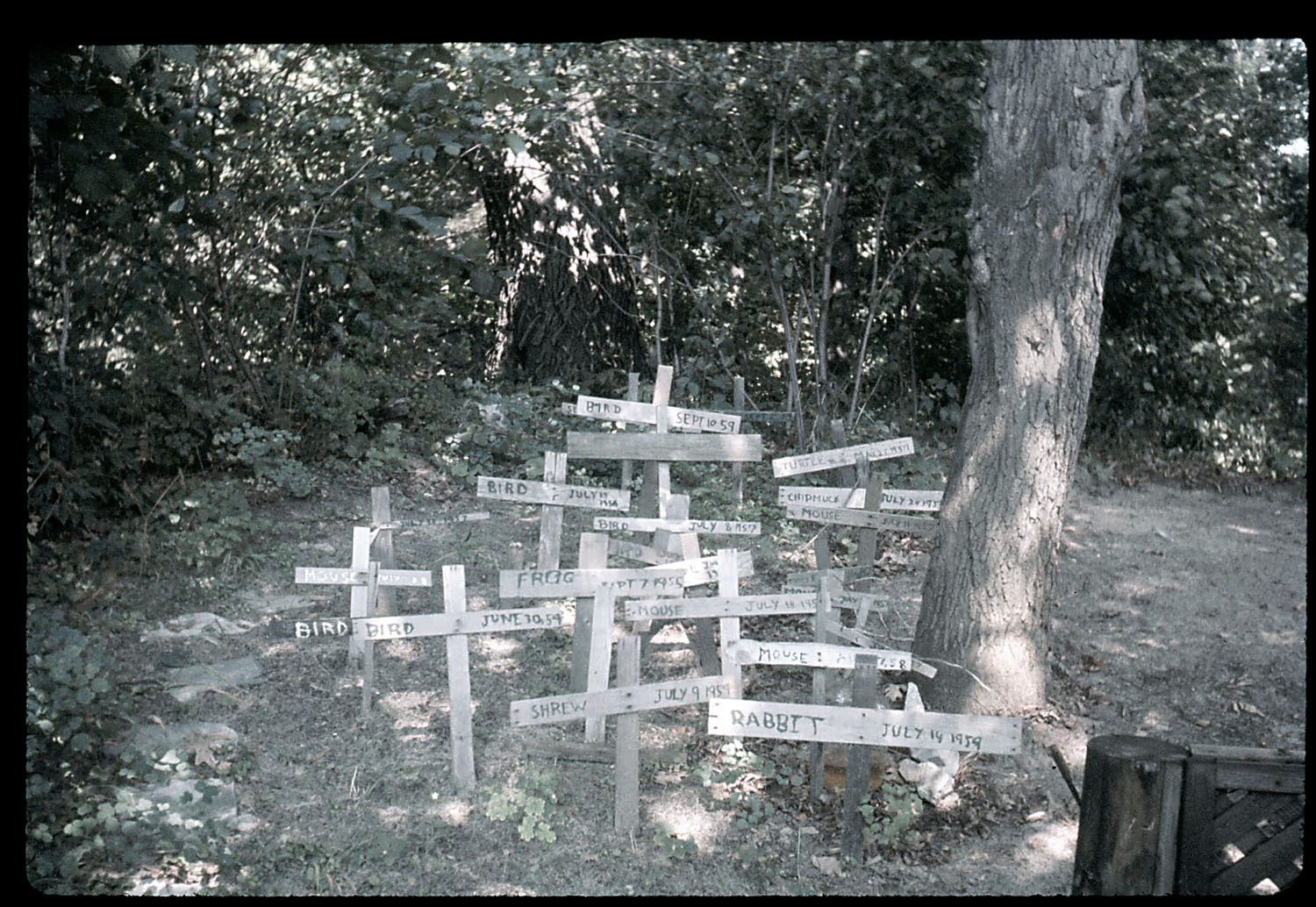

I wrote a cookbook as a gift to my children for my 50th birthday. I realized that there were recipes that I thought they should know, so I started with those. Then I realized that they should know why I cared about these foods. That led me to adding stories about the people and places, and photographs for explanation. I had to go through the thought process to realize that I needed all of that. This could have been done with scrapbook pages, but I used desktop publishing software - Adobe Photoshop and Adobe InDesign. I created different versions. It needs to be edited again to change the recipes to how I do it now. My cookbook has been the catalyst for at least 6 other cookbooks that I know of. It has made others tell their stories. I love that!
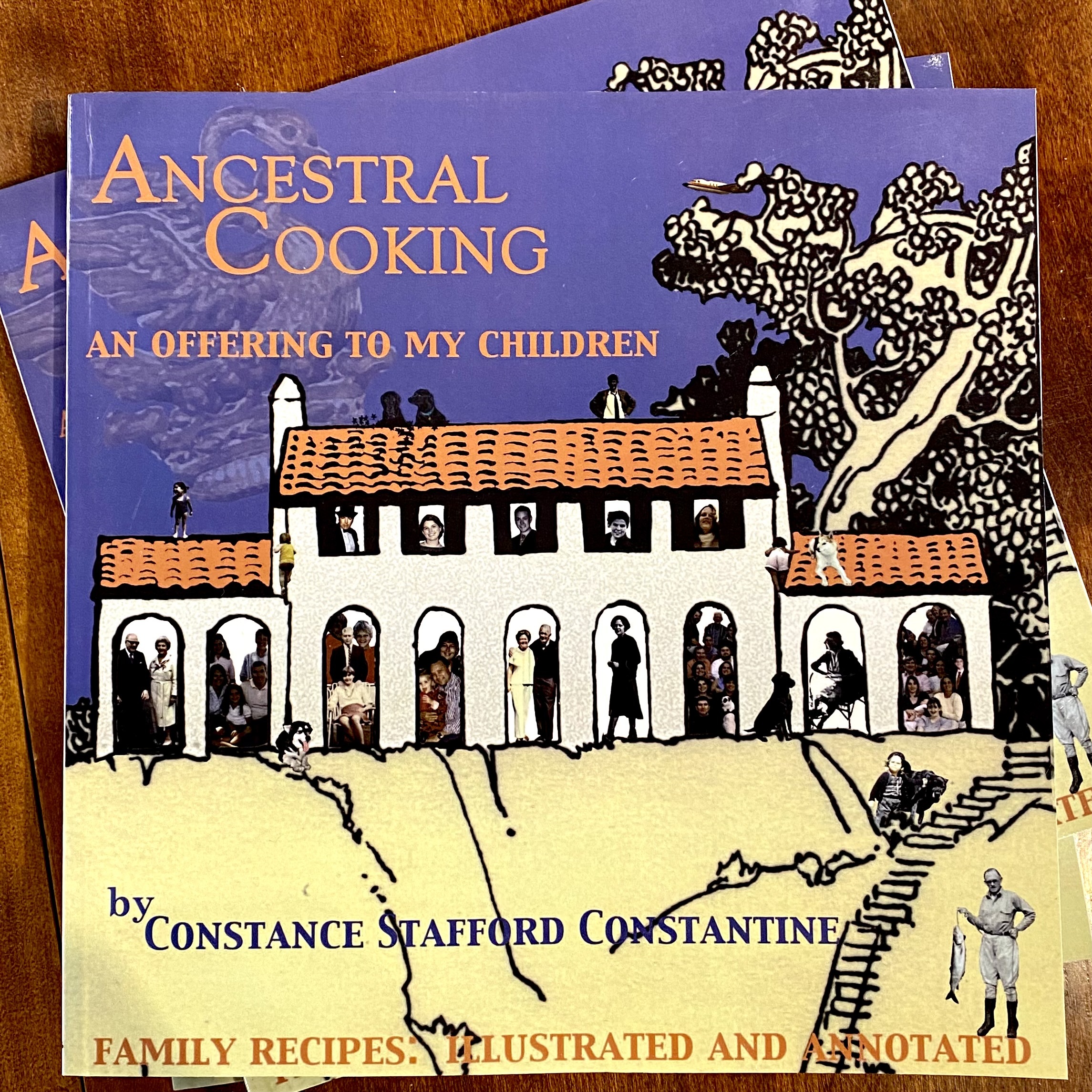
I am also writing about the various places, people, and events. I am trying to get it all ready to share, but in dribs and drabs.
Sometimes the people we are trying to leave our stories for don't seem to have any interest, or they are so involved in their own lives that they do not have the time or space for our stories. That is all the more reason to find a way to save them and pass them down. The day will come when they will wish they had listened better. I am sure you can relate to my thought that I wish I had listened better.
Remember, if you don't pass on the stories, they will end with you. All you can do is try to leave them and let others find them...
As Margaret Atwood said: "In the end, we'll all become stories."
You can craft how you want your story to be known.
Just write! You have plenty of fodder for writing. Now make your own story. Tell those stories from your point of view, from your memory. You also might remember stories that were told to you by your elders about the places and people that meant something to them. Start writing and those stories will begin to solidify. It is amazing what just comes out after you start. Give it a chance and have fun with it. Ask your siblings or your cousins what they remember. Bouncing ideas off others usually makes your stories expand.
You have plenty to say - your stories are well worth remembering and telling.
And if you find yourself struggling to begin, here is some advise from one the the greats:
“But sometimes when I was starting a new story and I could not get it going, I would sit in front of the fire and squeeze the peel of the little oranges into the edge of the flame and watch the sputter of blue that they made. I would stand and look out over the roofs of Paris and think, 'Do not worry. You have always written before and you will write now. All you have to do is write one true sentence. Write the truest sentence that you know.' So finally I would write one true sentence, and then go on from there.” Ernest Heminway- A Moveable Feast
Now start writing. Tell the story of the first thing that you find on your end table. Go from there. I hope this gives you some ideas to get you going! Have fun!

